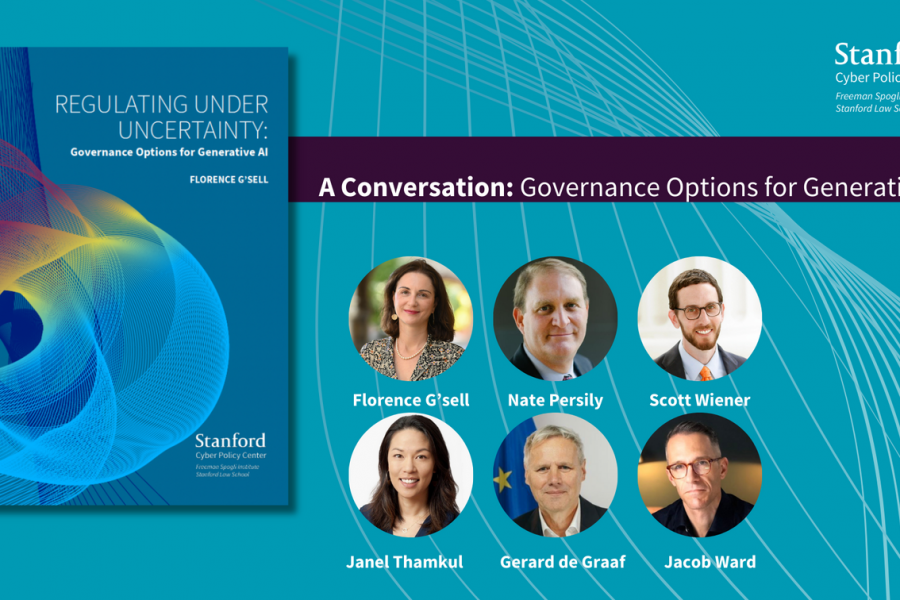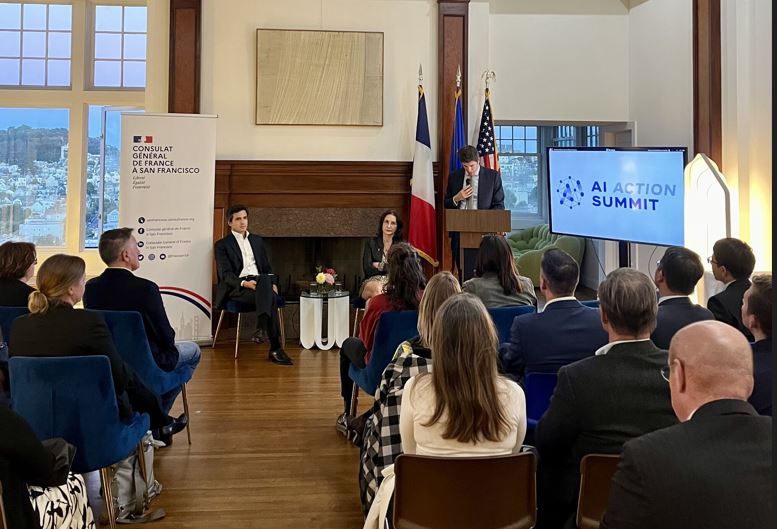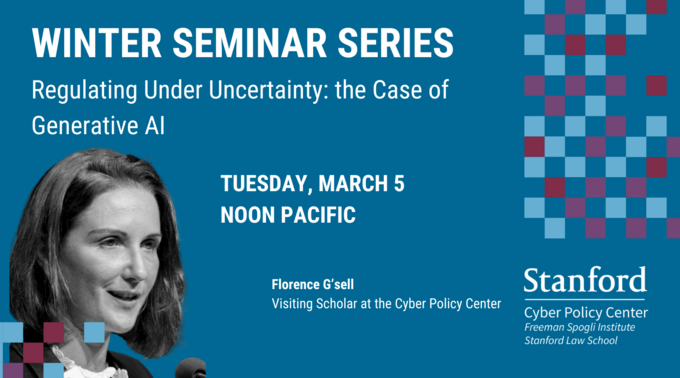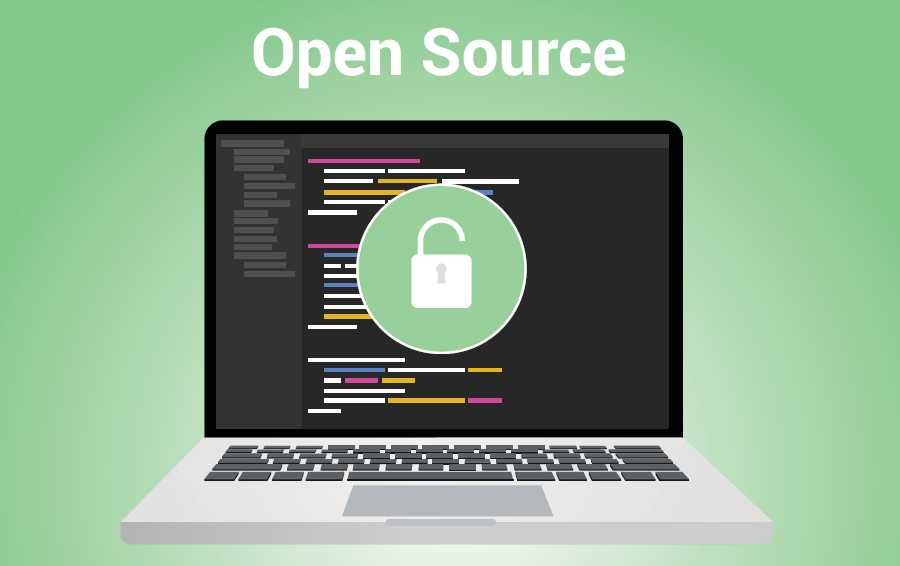Regulation of digital markets
Europe’s digital economy is dominated by a small number of giant companies. It is hard to imagine life without them and the Covid-19 pandemic made this reality clearer than ever. Economically, big tech companies have been among the few winners of the health crisis. But governments are also increasingly concerned about private companies wielding –and often abusing– so much economic and political power. With the EU and other governments planning major new regulatory initiatives, we may look back on this moment as a turning point for the industry.
In this dossier, the Chair investigates these trends and dives into some of the issues brought to light by the pandemic and the resulting global crisis. Will tech giants ultimately profit from the crisis and strengthen their grasp on their markets and on our everyday life, or will governments make good use of this exceptional context to push greater regulations forward?
Additional contributions are available on the French version of this page.
26 November 2024
With the Digital Services Act (DSA) and the forthcoming Digital Fairness Act (DFA), the European Union is stepping up its […]
8 November 2024
FOREWORD This report addresses technological sovereignty in artificial intelligence (AI) within the European Union (EU). AI is widely regarded as […]
29 October 2024
On October 28th, The Stanford Cyber Policy Center organized a dynamic panel discussion in celebration of the release of its […]
25 October 2024
On Wednesday 23 October, Florence G’sell was invited by the Consulate General of France in San Francisco to present her […]
26 September 2024
In the wake of recent transformative events reshaping platform governance, Can Şimşek conducted an interview with Professor Kate Klonick, member […]
7 March 2024
The Cyber Policy Center hosted on March 5th a conference called Regulating Under Uncertainty: the Case of Generative AI with Florence G’sell Visiting […]
2 November 2023
The Chair is happy to share a recording of a discussion with Professor Anu Bradford as she presents her latest […]
12 September 2023
By Tom Akhurst, Laura Zurdo, Christoph Mautner Markhof & Riccardo Rapparini The Digital, Governance and Sovereignty Chair publishes, on a […]
8 September 2023
By Veronica Arroyo, Karin Hess, Nicole Grünbaum & Gustavo Ribeiro The Digital, Governance and Sovereignty Chair publishes, on a regular […]
31 August 2023
By Louis Denart, Noah Fröhlich, Nicoletta Koch & Giovanni Maggi The Digital, Governance and Sovereignty Chair publishes, on a regular […]
27 July 2023
By Simonas Zilinskas-Inta, Lukas Hübner, Barbora Bromova & Lionel Perruchoud The Digital, Governance and Sovereignty Chair publishes, on a regular […]
20 July 2022
The Digital, Governance and Sovereignty Chair publishes a selection of the finest essays and papers written by Sciences Po students […]













